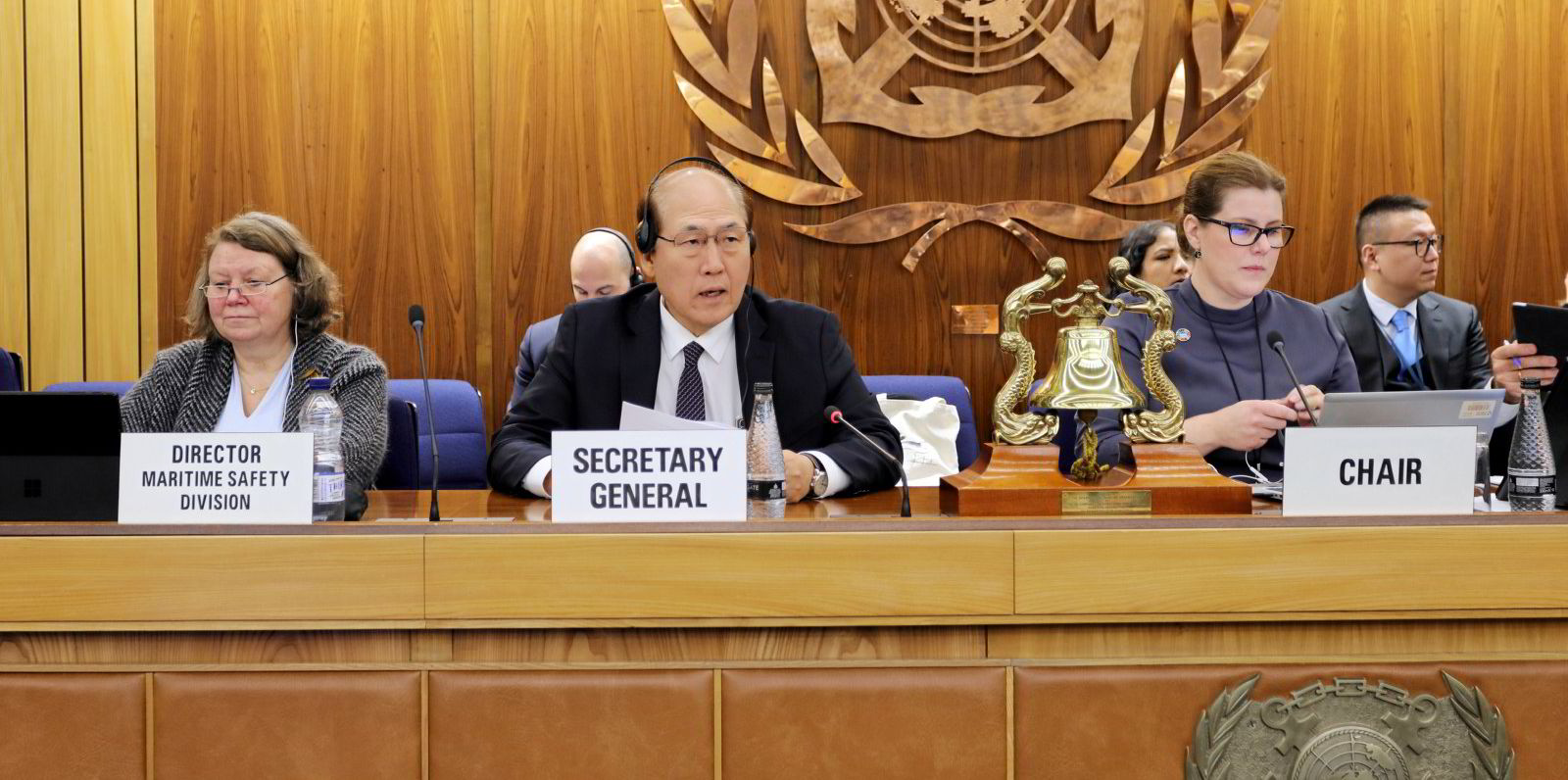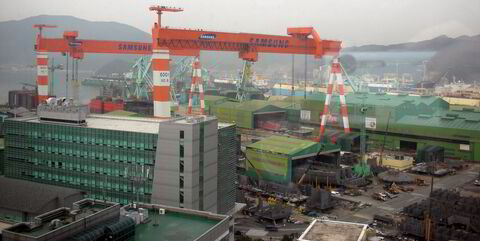The release of a final report by the United Nations’ Intergovernmental Panel on Climate Change (IPCC) is a timely reminder to shipping regulators of the need to commit immediately to accelerating the decarbonisation of shipping at a critical meeting this week.
The IPCC report outlined the terrifying devastation already caused by climate change. At the same time, it offered some hope that there is one “last chance” to halt the global climate crisis.
The Intersessional Working Group on Reduction of GHG Emissions from Ships is meeting to draw up an agreement on raising the International Maritime Organization’s decarbonisation target and measures to rapidly reduce the industry’s emissions. The outcome will be put before governments for approval at the IMO in July.
As IMO shipping experts sat down to wade through a mountain of complex proposals, UN secretary general Antonio Guterres, commenting on the IPCC findings, stressed the importance of fast action to save the planet.
“This report is a clarion call to massively fast-track climate efforts by every country and every sector and on every time frame. Our world needs climate action on all fronts: everything, everywhere, all at once,” he said.
He also said that developed countries should seek to decarbonise by 2040.
The IMO has its work cut out if it wants to get anywhere near the sort of immediate action the IPCC has indicated is required.
It is hard to see how the IMO cannot at least commit to a zero carbon emissions target by 2050 given the gravity of the climate crisis outlined by the IPCC — even though some countries are suggesting that ambition may be a step too far.
The issue for the IMO will be how to balance measures to accelerate shipping’s decarbonisation with protecting developing countries from the potential economic fallout.
The IPCC’s report outlined the displacement of 3bn people in developing economies in Africa, North and South America, Asia and the South Pacific due to climate change.
Powerful lobby group
Countries from these regions represent a powerful lobby group within the IMO. They are urging that decarbonisation measures are mindful of the need to protect the economic interests of developing countries — and take action to mitigate the impacts of climate change.
There are numerous levy, cap and trade and emission trading schemes on the table to provide a commercial incentive to build zero-emission ships, which all have to consider the interests of developing countries.
The IMO needs to get over this hurdle because it is a matter of urgency that a decision is made on introducing a market-based measure.
Studies have shown that if the 2050 target is to be met it is critical that zero-emission ships start entering the world fleet by 2030 at the latest.
Yet, despite the introduction of the Carbon Intensity Indicator (CII) to provide a minimum efficiency standard for ships, the renewal of the world fleet is stalling.
As a VesselsValue study recently pointed out those ships with the lowest CII rating are proving the most difficult to sell — but they are not yet being forced to sail to the scrap yard.

In fact, uncertainty over decarbonisation regulation is deterring owners from building new and the life of older ships is being extended.
In the current market, green regulations may be keeping some of the most carbon-emitting ships trading.
While the IMO deliberates, one possible step forward is for national governments to establish their own zero-emission requirements for coastal shipping, and come to multinational agreements on green shipping corridors.
Selected trades that are ring-fenced from the global commercial shipping markets can be an effective test bed for zero-emission shipping.
While such moves are against the IMO’s ethos of global agreements, they can at least start to make a more immediate dent in carbon emissions.
Green shipping corridor initiatives such as the Clydebank Declaration have been largely welcomed by the shipping community.
There are some types of regional action the shipping industry will find unacceptable, such as the European Union Emissions Trading System, because they create an unfair commercial imbalance.
But if the IMO continues to be caught in a state of stasis over climate change measures, then the more likely regional measures will become.





